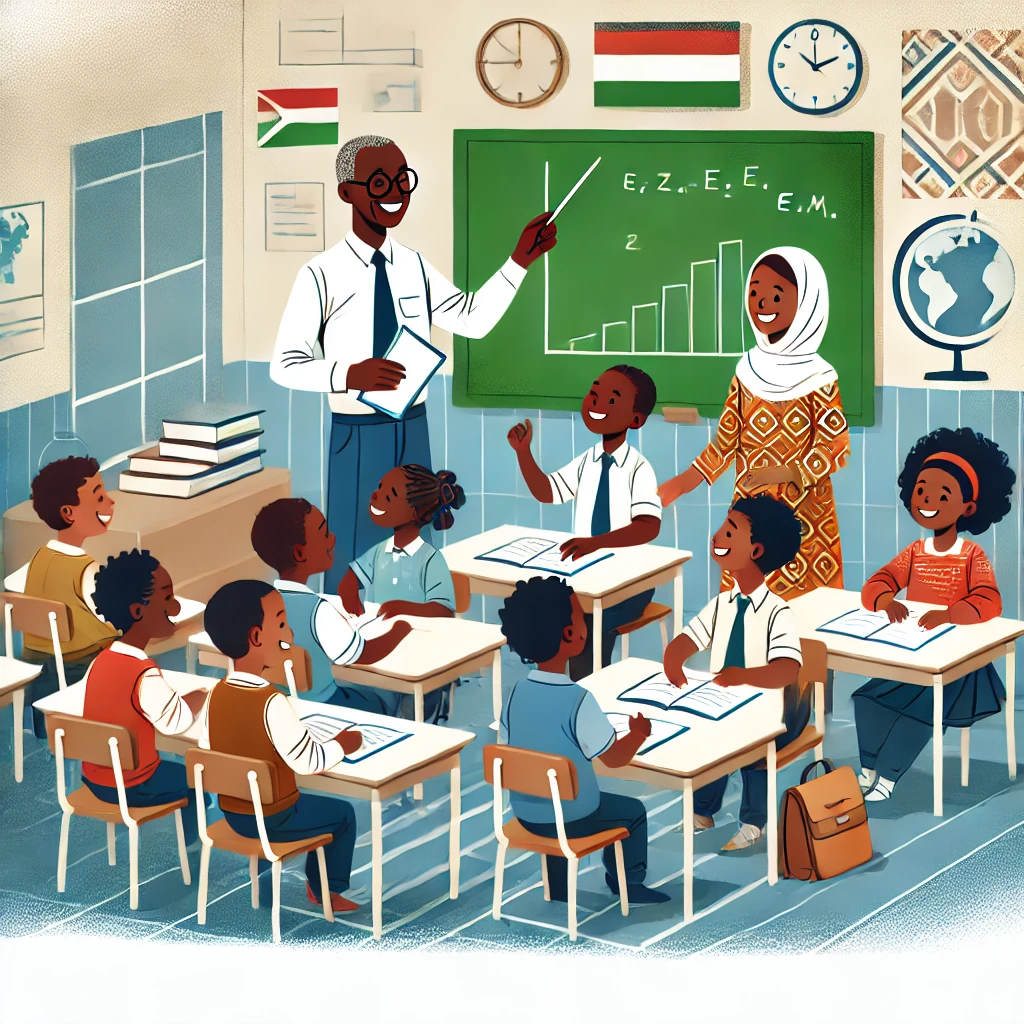Exploring the Evolution of Instructional Practices in the UK Education Sector
From traditional chalkboard teachings to cutting-edge digital technologies, the instructional practices in the UK education sector have undergone a remarkable evolution over the years. This transformation has been driven by a combination of factors, including advancements in technology, changes in pedagogical theories, and the increasing diversity of student populations. In this comprehensive guide, we will delve into the historic development of instructional practices in the UK, highlighting key milestones and trends that have shaped the educational landscape.
1. The Traditional Classroom Setting: A Foundation of Pedagogy
2. The Rise of Technology in Education: From Interactive Whiteboards to Virtual Learning Environments
3. Pedagogical Shifts and Student-Centered Approaches: Embracing Diversity and Inclusion
4. The Future of Instructional Practices: Navigating Towards Personalized and Adaptive Learning
The traditional classroom setting has long been the cornerstone of pedagogy in the UK education sector. With a focus on direct instruction and knowledge transfer from teacher to student, this model has laid the foundation for educational practices. However, as the needs and expectations of learners have evolved, so too have the methods of instruction.
In recent years, there has been a significant shift towards integrating technology into the learning environment. Interactive whiteboards, online learning platforms, and educational apps have become commonplace tools in classrooms, enhancing engagement and facilitating interactive learning experiences. The widespread adoption of digital technologies has not only transformed how content is delivered but has also opened up new possibilities for personalized learning.
Alongside technological advancements, there has been a growing emphasis on pedagogical shifts towards student-centered approaches. Educators are increasingly recognizing the importance of catering to diverse learning styles and individual needs, fostering a more inclusive learning environment. This shift towards inclusivity and personalized learning has been instrumental in improving student outcomes and promoting a culture of lifelong learning.
Looking ahead, the future of instructional practices in the UK education sector is likely to be shaped by ongoing advancements in technology and pedagogy. With the rise of artificial intelligence and adaptive learning systems, educators have the opportunity to tailor instruction to the unique needs of each student, fostering greater engagement and academic success. As the educational landscape continues to evolve, embracing innovation and flexibility will be key to ensuring that instructional practices remain relevant and effective in meeting the needs of 21st-century learners.
Assessment and Evaluation Paul and Catherine L Tefl article - TEFL Assessment and Evaluation #345 TEFL Certification Cairo - ✔️ ✔️ ✔️ TEFL Egypt TEFL Certification La Antigua - ✔️ ✔️ ✔️ TEFL Guatemala What is the best platform to teach English online? Tefl article - TEFL Teachers roles #412 What is the official TEFL website? How do I get a job teaching English in Portugal? TEFL Certification Boston Massachusetts Challenges for EFL Students and Teachers in Saudi Arabia Miles S. Traynham




